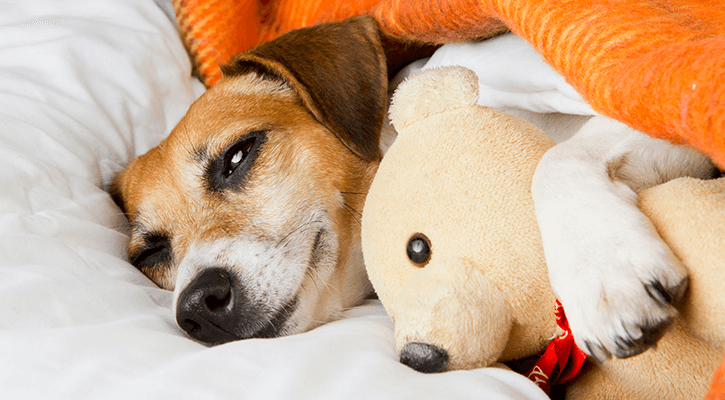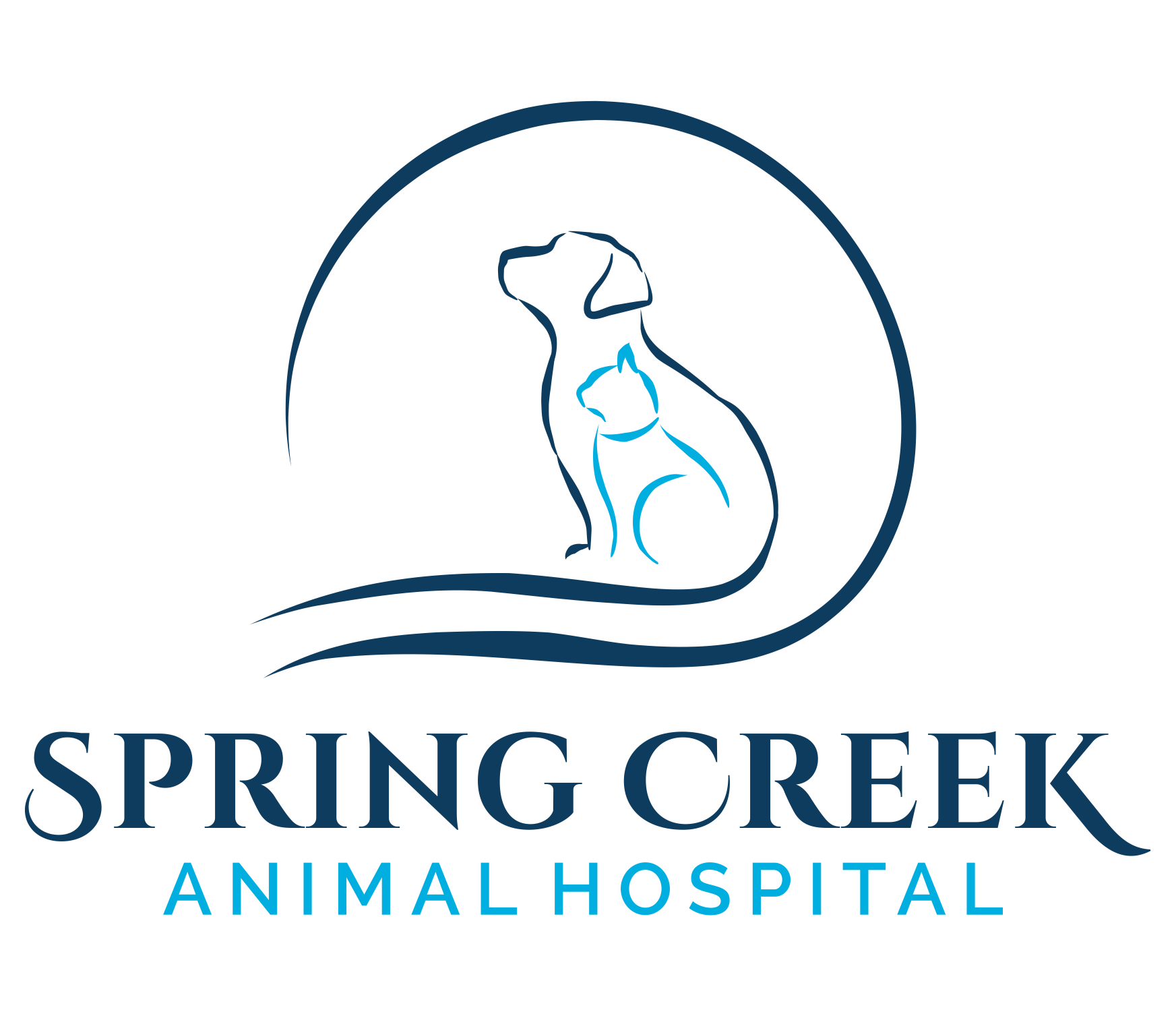
Heatstroke and Dehydration Treatment
Heatstroke and Dehydration Treatment at Spring Creek Animal Hospital
We all know that Central Texas gets pretty hot. Those scorching summer days can lead to a potentially lethal problem known as heatstroke. Heatstroke, and a variety of other ailments, can also cause dehydration, another threat to your pet’s life. You need to know in advance where your pet can receive emergency care. Here at Spring Creek Animal Hospital, we can help San Antonio pets overcome these scary situations.
Pet Heatstroke Causes and Effects
Your dog doesn’t sweat like you do. Instead, he relies on the air passing through his nose to cool him down. Obviously, the less nose your pet has, the less efficient this process becomes. Flat-faced animals such as Boston Terriers, French Bulldogs, and Pugs can have lots of trouble controlling their internal temperature even on mildly hot days. When things really start to sizzle, however, any animal runs the risk of heatstroke. High humidity, lack of shade, or lack of cool water can all help to bring on this dangerous condition.
Affected pets may experience:
- Heavy panting
- Rapid heartbeat
- Bloody diarrhea
- Staggering, seizures, or unconsciousness
- Drooling
Pet Dehydration Dangers
One of the gravest dangers posed by overheating is pet dehydration. Water can evaporate from a bowl very quickly on a summer day, or the water might become too hot for your pet to drink. A dehydrated pet’s skin will lose some of its natural elasticity. If you poke at it, the depression you leave may remain for a while. The eyes, ears, and nose of your pet may appear unnaturally dry. Lethargy, diarrhea, red gums, trembling, and many other classic heatstroke symptoms also appear in cases of dehydration.
Prompt Treatment from Our San Antonio Veterinarian
If your pet suffers from heatstroke and/or dehydration, bring him to Spring Creek Animal Hospital immediately. Our San Antonio veterinarian can get your pet’s temperature down and use an IV drip to replenish fluids. If the dehydration is unrelated to heat exposure, lab tests can determine the underlying medical cause and the appropriate treatment.
You can reduce the odds of heatstroke and dehydration by implementing smart preventative care at home. Provide plenty of water and shade, bring pets indoors, and keep toxic substances locked securely away.
Call our San Antonio clinic at (210) 599-2131 for information and advice about pet heatstroke and dehydration prevention and treatment.
